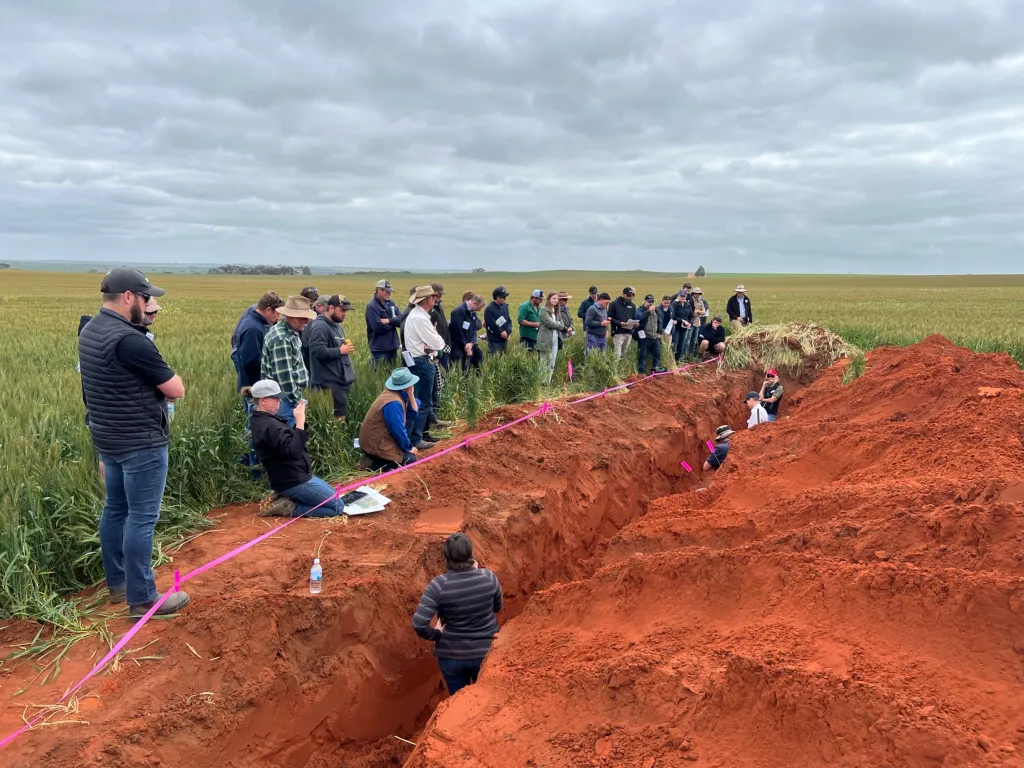RSM: Federal Budget offers temporary support but lacks long-term structural solutions
By Keiran Sullivan, Director, RSM Australia
The business landscape has been marked by instability and hardship for many in recent years, leading to a growing number of businesses being liquidated voluntarily or involuntarily. It was disappointing then that the latest Federal Budget did not offer any substantial changes or reforms to the Australian tax system.
Ahead of the Budget, an RSM survey of mid-sized businesses across Australia revealed that 67% had struggled with the ‘cost of business’ to a great extent. It was hoped that the Budget would support the long-term viability of Australia’s small business sector by introducing much-needed tax reforms in areas such as employment taxes, intergenerational business transfers and GST.
The Government has recognised SMEs as vital to Australia’s prosperity, contributing more than $500 billion annually and employing over 5.2 million people. But tangible changes for SMEs are limited in this year’s Budget, with the bulk of spending focused on bolstering Government support and administration systems.
Direct benefits for SMEs really only centre around the $325 electricity bill deduction and an extension to the Instant Asset Write Off (IAWO) provisions.
With RSM’s Pre-Budget business survey respondents suggesting energy had been the single biggest cost eating into business revenue this year, many will welcome the Budget-headlining measure of electricity bill refunds, with eligible SMEs receiving $325 in the 2024-25 financial year to be paid in quarterly instalments as a rebate against eligible electricity bills.
The IAWO measure is currently stalled in Parliament for the year ending 30 June 2024, with an opposition proposal that SMEs with turnover up to $50m should be eligible to write off assets costing up to $30,000.
This year’s Budget ignores the changes before the Senate and proposes that eligible SMEs with turnover up to $10m will be able to write off assets up to $20,000 for the 2024-25 financial year. Usually, the rules allow SMEs with turnover up to $10m to immediately write off assets costing up to $1,000.
Key points are as follows:
- Temporary increase to the IAWO threshold to $20,000 has been extended for the year ending 30 June 2024.
- The IAWO threshold increase applies to SMEs with aggregated annual turnover of less than $10m.
- Eligible assets must be first used, or installed ready for use, between 1 July 2024 and 30 June 2025.
- The IAWO applies on a per asset basis.
- Assets valued at $20,000 or more cannot be immediately deducted. These may continue to be placed into the small business simplified depreciation pool, and depreciated subject to the small business capital allowance rules.
- Provisions which prevent SMEs that have opted out of simplified depreciation measures from using the IAWO continue to be suspended to 30 June 2025.
These measures may offer some temporary support for small businesses, but they do not address the broader economic challenges, such as increasing costs, disrupted supply chains, staff shortages, declining consumer spending, or long-term issues like the ageing of business owners.
Keiran Sullivan is a Director of Business Advisory at accounting and advisory firm RSM Australia. He works closely with small businesses on tax and business structuring, business strategy, profit improvement, succession planning and asset protection. For further information, he can be contacted at keiran.sullivan@rsm.com.au














